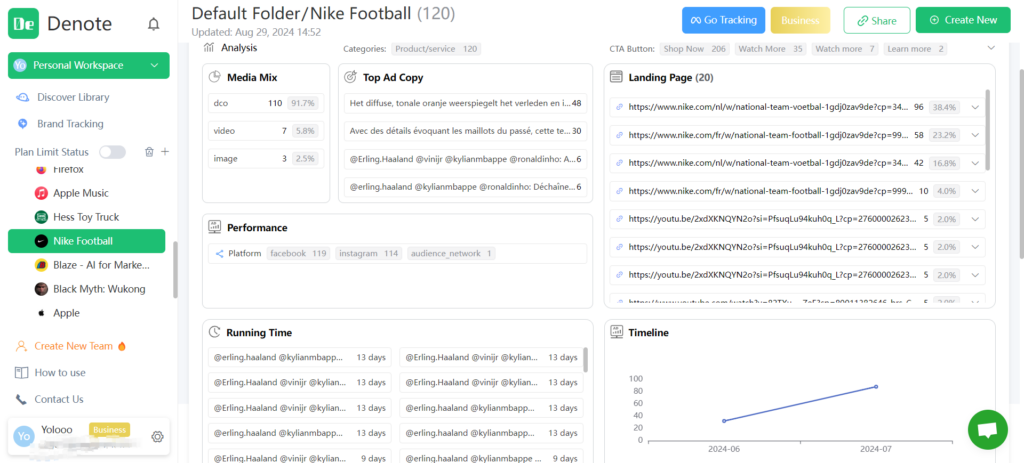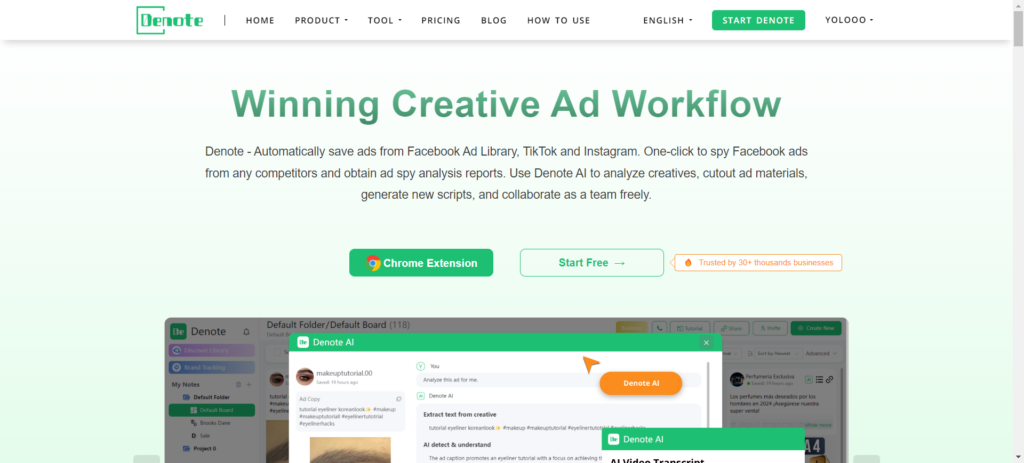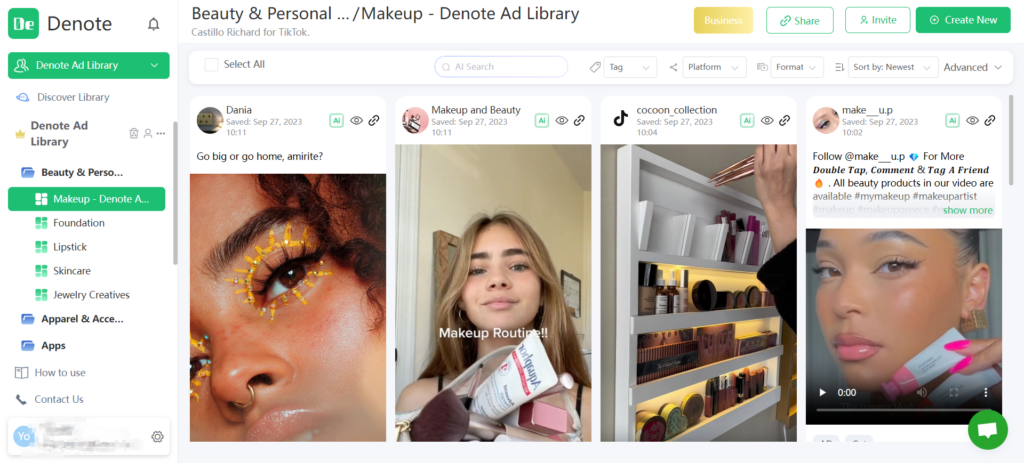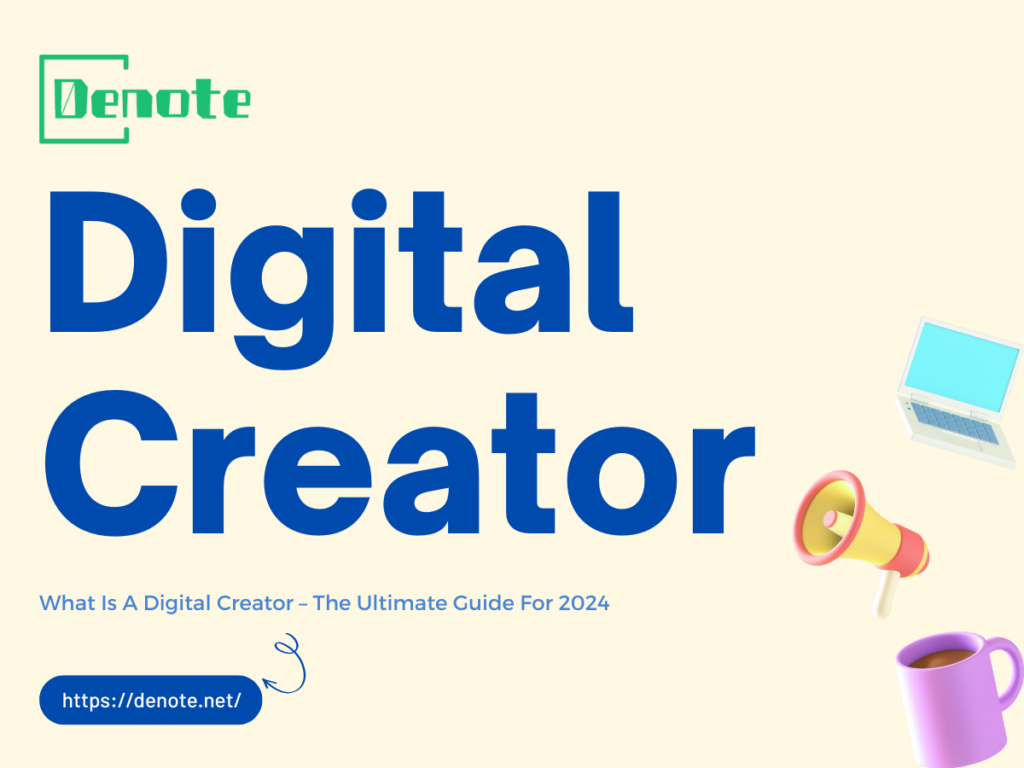What is a Digital Creator
A digital creator is someone who produces and shares content online, ranging from videos, blogs, social media posts, podcasts, and more. Digital creators use their creativity to engage, inform, and entertain audiences across various platforms. Whether it’s on YouTube, Instagram, TikTok, or their own blog, digital creators continuously craft unique content to build a personal brand or business presence online.
Being a digital creator often involves mastering various digital tools, including editing software, design platforms, and analytics systems, all of which contribute to growing a loyal and engaged audience. The journey of becoming a successful digital creator requires passion, consistency, and a deep understanding of the platform algorithms, audience preferences, and trends in digital media.

Types of Digital Content
Digital creators produce a wide array of content that serves different purposes and engages different audience segments. Here are some popular types of digital content that digital creators often produce:
Video Content
From YouTube tutorials to Instagram Reels, video content has become a key medium for digital creators. Videos allow for a more personal connection with the audience, making them an essential format in the content creation space. Whether it’s a how-to video, a vlog, or a product review, video creation allows digital creators to showcase their personality and creativity.
Blogs and Articles
Text-based content is still very much alive. Many digital creators maintain blogs or write long-form articles on platforms like Medium. This type of content helps establish authority and provides value to the audience in a detailed format. Blog posts, when paired with effective SEO strategies, can significantly increase a digital creator's online presence.
Podcasts
Podcasts are another form of content that digital creators can leverage. This audio-based medium allows creators to engage their audience with discussions, interviews, and storytelling. For many digital creators, podcasts serve as an extension of their other content, enabling them to build a more intimate connection with their listeners.
Social Media Posts
Platforms like Instagram, Twitter, and Facebook are key channels for digital creators to share bite-sized content. Posts can range from visually appealing photos, educational infographics, witty tweets, to engaging polls. Regularly posting on social media helps digital creators stay relevant and continuously engage with their followers.
What Does a Digital Creator Do
A digital creator wears many hats. Their day-to-day tasks involve more than just creating content. Here's a breakdown of what they typically do:
Content Creation
At the core of being a digital creator is, of course, the creation of digital content. This process often includes brainstorming ideas, scripting or planning content, and then producing it using various tools like cameras, editing software, and design platforms. Tools like Denote help digital creators manage their workflows by organizing creative assets and monitoring trends in their niche.
Audience Engagement
Digital creators need to build a strong connection with their audience. This includes responding to comments, engaging with followers on social media, or running Q&A sessions. Building a loyal audience requires time and effort, but it pays off in the form of brand loyalty and community growth.
Collaborations
Collaborating with other creators or brands is a common strategy for digital creators to expand their reach. These collaborations can take the form of sponsored posts, co-hosted videos, or even cross-promotional podcasts. Through partnerships, digital creators can tap into each other’s audiences to grow their following.
Analytics and Performance Tracking
Successful digital creators rely heavily on data to measure the performance of their content. They often use tools like Google Analytics or Denote to track key metrics such as engagement rates, reach, and conversion rates. By understanding their audience’s preferences and behaviors, digital creators can fine-tune their content strategies.

How to Become a Digital Creator
Becoming a successful digital creator requires dedication and strategy. Here’s a step-by-step guide for aspiring digital creators:
Choose Your Niche
The first step to becoming a digital creator is identifying your niche. Whether it's fashion, tech, lifestyle, or fitness, focusing on a specific niche helps you build a targeted audience. By narrowing your focus, you’ll be able to create consistent content that resonates with your audience.
Build Your Brand
Your personal brand is crucial to your success as a digital creator. This includes your style, tone, and values, which should be reflected in all of your content. A consistent brand helps you stand out and makes your content more recognizable.
Master the Tools of the Trade
To produce high-quality content, you need the right tools. Whether it's video editing software like Adobe Premiere or Movavi, graphic design platforms like Canva, or social media scheduling tools like Buffer, mastering these tools will elevate your content. Denote is also an essential tool for digital creators looking to research trends, competitors, and organize their creative processes.

Digital Creator vs. Influencer
Though often used interchangeably, digital creators and influencers are not the same. Here’s a look at the key differences:
Digital Creators
Digital creators focus on producing original content, whether it’s blog posts, videos, or social media graphics. Their goal is often to entertain, educate, or inform their audience. Digital creators may or may not have a massive following, but their value lies in their ability to consistently create high-quality content.
Influencers
Influencers, on the other hand, focus on influencing their followers’ buying decisions through recommendations. While they may also create content, influencers are often paid by brands to promote products or services to their audience. They rely more on their large following and reputation than on creating original, consistent content.
Resources
Online Courses and Videos
Learning platforms like Udemy and Coursera offer comprehensive courses on content creation, digital marketing, and more. These platforms are great for learning essential skills like video editing, SEO, and graphic design, which are crucial for anyone aspiring to be a digital creator.
Blogs and Social Media Communities
Reading blogs from experienced digital creators can provide valuable insights into the world of content creation. Joining social media groups and forums can also connect you with other aspiring digital creators, allowing for the exchange of tips, feedback, and opportunities.
Tools for Digital Creators
Tools like Adobe Creative Suite, Canva, and video editing software like Final Cut Pro are essential for creating polished content. Additionally, Denote helps digital creators by providing a centralized platform for managing creative assets, analyzing competitor content, and staying on top of current trends.

Examples of Successful Digital Creators
Some digital creators have mastered the art of content creation and built impressive online empires. Here are a few examples:
Casey Neistat
A YouTube creator and filmmaker, Casey has amassed millions of subscribers through his engaging vlogs and storytelling. He’s a prime example of how consistent, authentic content can build a strong personal brand.
Zoella
Zoella started as a beauty and lifestyle blogger and has since expanded into other realms, including product lines and books. Her journey as a digital creator shows how diversifying your content can lead to long-term success.
Marques Brownlee
As a tech reviewer, Marques is one of the most well-known digital creators in the technology space. His high-quality, informative videos have earned him millions of subscribers and established him as a leader in tech content creation.
Conclusion
Being a digital creator offers endless opportunities to showcase creativity, engage with audiences, and even build a sustainable business. With the right tools, dedication, and strategic planning, anyone can embark on a journey to become a successful digital creator.
.jpg)
